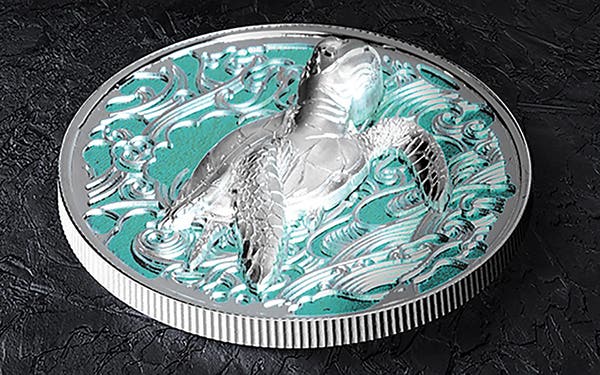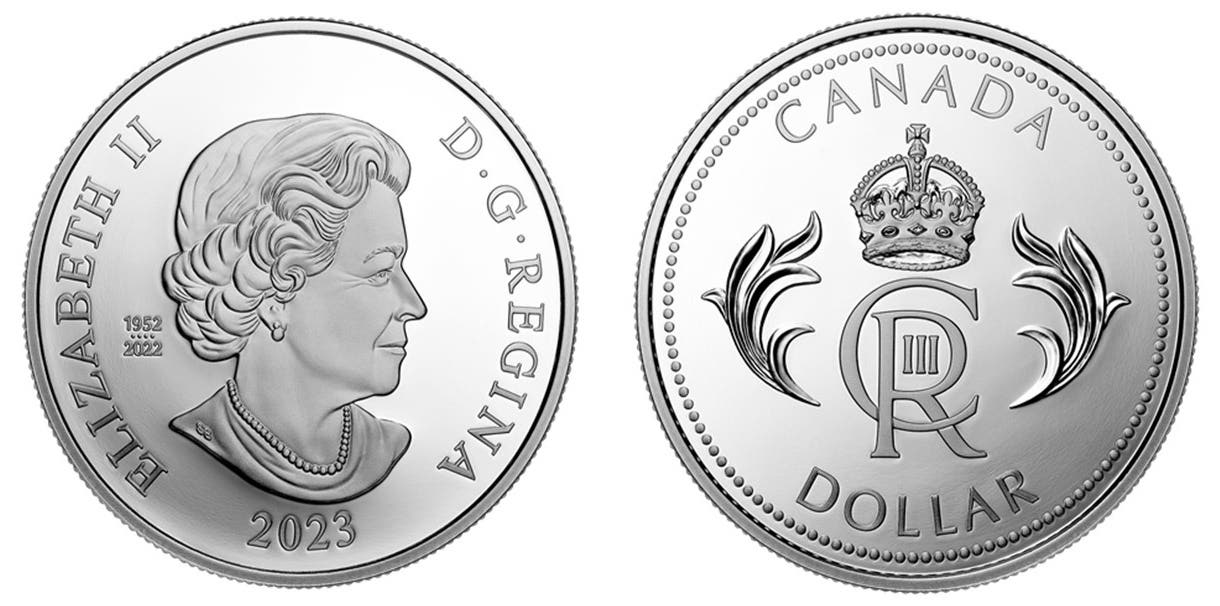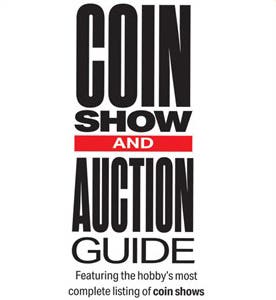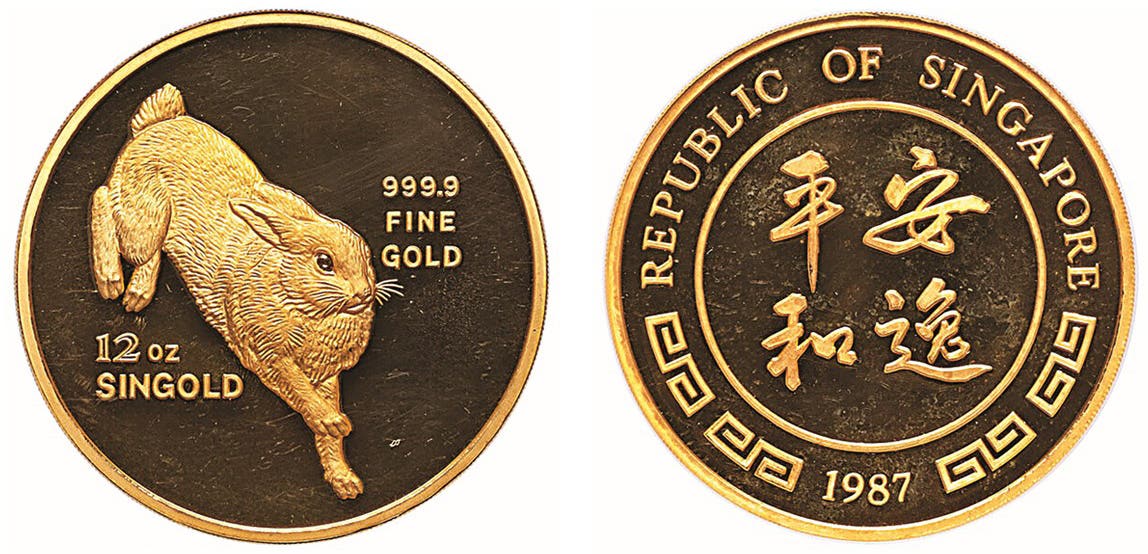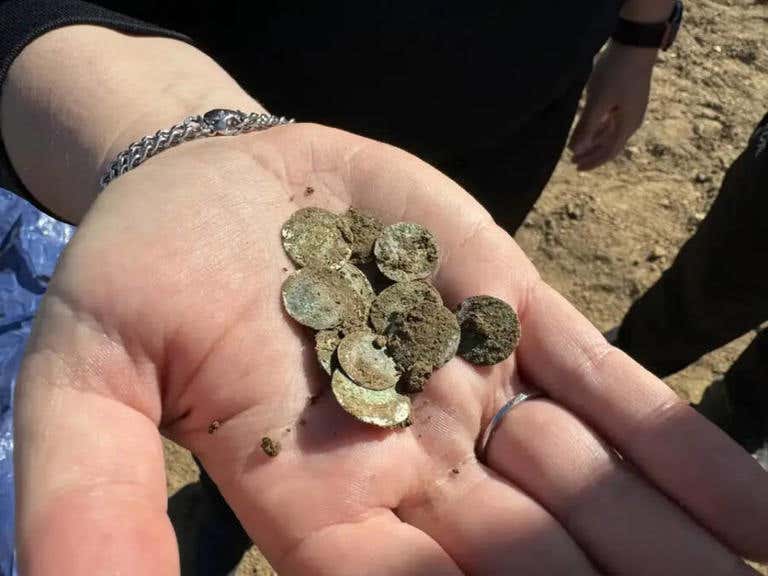Chinese tariffs affect coin business
Tariffs on China are in the news. Recently released Docket Number USTR-2018-0026 of the Office of the United States Trade Representative is titled “Request for Comments, Concerning Proposed Modification of…
Tariffs on China are in the news. Recently released Docket Number USTR-2018-0026 of the Office of the United States Trade Representative is titled “Request for Comments, Concerning Proposed Modification of Action Pursuant in Section 301: China’s Acts, Policies, and Practices Related to Technology, Transfer, Intellectual Property, and Innovation.” The document is a request for comments and notice of a public hearing.
The docket said, “The initial action was the imposition of an additional 25 percent ad valorem duty on products of China with an annual trade value of approximately $34 billion, effective July 6, 2018.”
The docket includes what the docket calls the “Harmonized Tariff Schedule of the United States (HTSUS) that are listed in this Annex are covered by the proposed supplemental action. The product descriptions that are contained in this Annex are provided for informational purposes only, and are not intended to delimit in any way the scope of the proposed action. Any questions regarding the scope of particular HTSUS subheadings should be referred to U.S. Customs and Border Protection.”
At the very bottom of this list is No. 9706.00.000 “Antiques of an age exceeding one hundred years.”
In a July 26 letter of response by Washington attorney Peter Tompa representing the International Association of Professional Numismatists and the Professional Numismatists Guild jointly as the “Numismatic Trade,” he writes, “[this letter is] to request that the 301 Committee recommend that HTS Headings 9705 (Collections and Collector’s Pieces) and HTS Heading 9706 (Antiques) be removed from consideration for tariff application.”
Tompa explains, “The proposed tariffs on collections and collector’s pieces (HTS Headings 9705) and antiques (HTS Heading 9706) will only benefit Chinese auction houses with ties to the Chinese government and harm American collectors, the small businesses of the numismatic trade and the study, preservation and display of historical Chinese coins in the United States. The historical Chinese coins that fall within these headings are very different in character than most manufactured goods. Such coins are not typically subject to customs duties because our government has generally sought to encourage cultural exchange.”
Tompa’s letter continues, “Moreover, many of the coins that fall under HTS Heading 9705 and all the historical coins that fall under HTS Heading 9706 are not of recent Chinese manufacture, but were produced long ago, and circulated both in and outside China for decades, if not hundreds of years, first as currency, and then as collectibles. Accordingly, imposing duties on such objects will not ‘hurt’ Chinese industry, but instead place further disincentives on Americans from importing Chinese historical coins from third countries in Europe and countries outside of China in the Far East where they may have resided for decades, if not hundreds of years.”
Tompa concludes, “Indeed, our own State Department has already severely damaged the ability of U.S. auction houses and dealers to import Tang Dynasty and earlier historical Chinese coins from third countries for resale with ill-considered import restrictions on Chinese artifacts.”
No response to Tompa’s letter was available at the time before press time.
This article was originally printed in World Coin News. >> Subscribe today.
If you like what you've read here, we invite you to visit our online bookstore to learn more about Standard Catalog of World Coins, 2001-Date.



